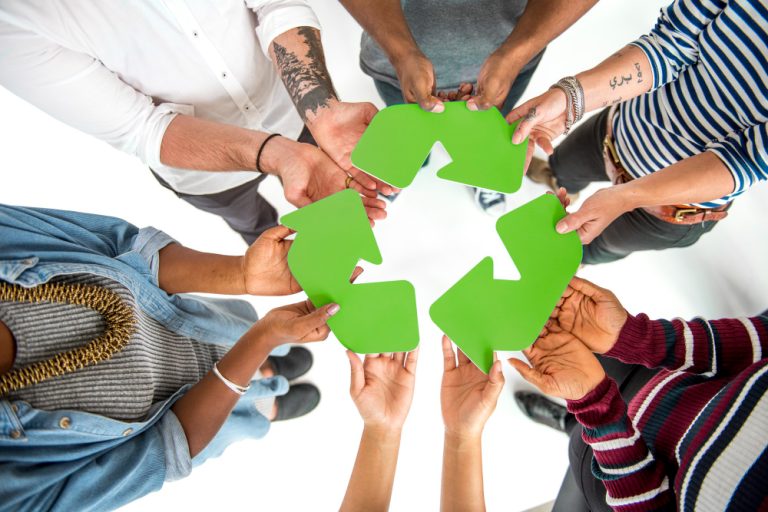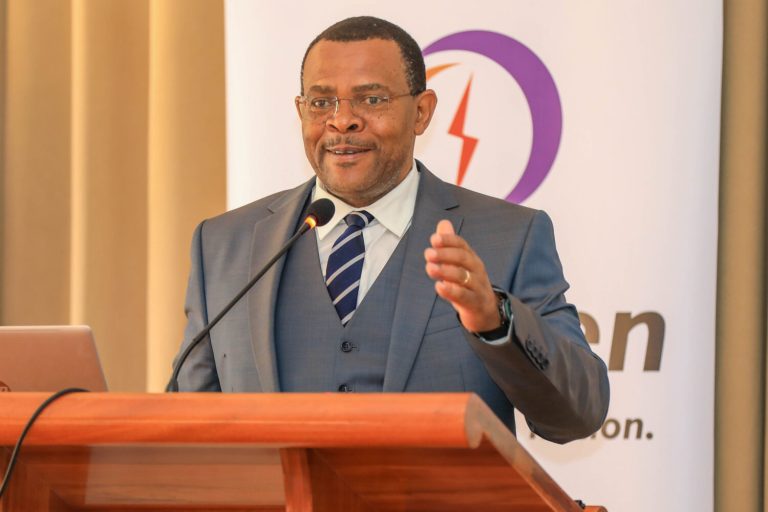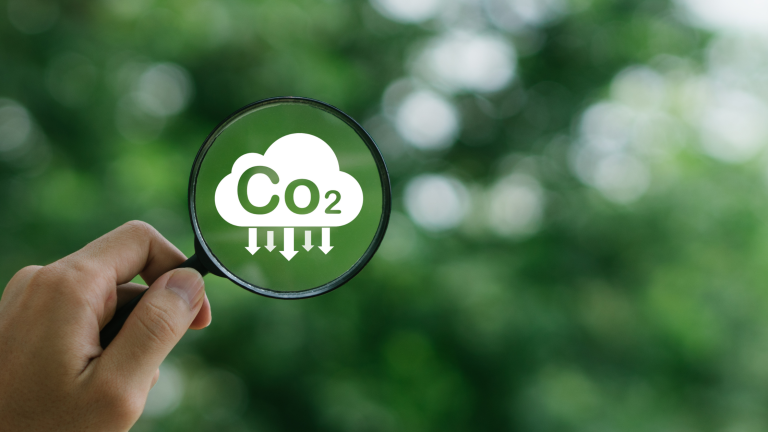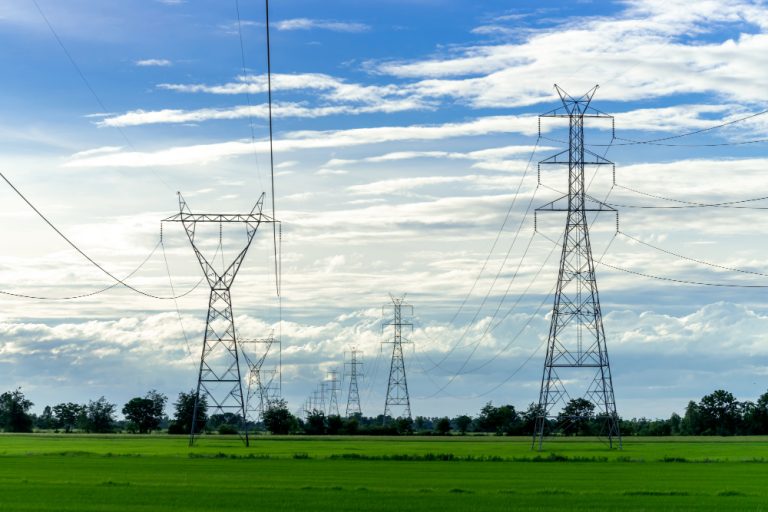Several grant opportunities are now open for applications, offering funding, technical support, and investment facilitation for sustainability initiatives. Here is a roundup of key grants and their eligibility criteria.
1. EEP Africa
Eligibility: Companies promoting clean energy in Southern or Eastern Africa
Funding Focus: Risk-tolerant early-stage grant financing for locally driven clean energy projects, technologies, and business models. Projects receive technical support, investment facilitation, and knowledge-sharing opportunities.
Application link: https://eepafrica.org/financing/2025-call-for-proposals
Deadline: 21 March 2025, 2 p.m.
2. Seeds of Sustainability Fund Program (Ceiba Foundation for Tropical Conservation)
Eligibility: Non-profits, community groups, small businesses, and individuals from developing tropical countries
Priority Areas:
-Habitat and species conservation (land and marine)
-Restoration and habitat connectivity
-Agricultural improvements for sustainability
-Environmental enterprises led by marginalized groups
-Environmental education and training
Deadline: 18 April 2025
Apply: https://ceiba.org/partners/application/
3. Greentech Africa 2025: The Future of Sustainability – Accelerator Program
Eligibility: Startups in Egypt, Kenya, Nigeria, Senegal, and South Africa focused on sustainability solutions
Focus Areas:
-Agtech and food security
-Biodiversity protection
-Circular and regenerative economy
-Cleantech
-Climate innovation and adaptation
The program offers mentorship, resources, and strategic support to 10-15 selected startups.
Apply: https://vilcap.com/programs/greentech-africa-2025
Deadline: 9 May 2025
4. AU-EU Collaborative Research & Innovation Projects on Sustainable Energy (LEAP-SE)
Eligibility: Consortia with at least two entities from the EU and two from the African Union, including research institutions and commercial companies
Funding: €10 million (with an additional €3.5 million from the European Commission)
Focus Areas:
-Renewable energy assessment and integration
-Smart grids for off-grid applications
-Clean cooking and cold chain solutions
-Green hydrogen production and utilization
Deadline for Pre-Proposal Submission: 27 March 2025
Full Proposal Deadline: 11 September 2025
5. Youth4Climate Grants
Y4C’s Call for Solutions is a global innovation challenge for Youth and Youth-led organizations working on climate action focused projects. The Call aims to fund new and existing youth-led solutions that are ready to implement or scale, and to support the further development of young people’s ideas and projects by providing relevant learning opportunities with the support of partners.
Eligibility: Youth-led organizations (aged 18-29) working on climate solutions
Funding: Up to USD $30,000
Deadline: 26 May 2025
Apply:https://community.youth4climate.info/dashboard/call-solutions-2025
Seize These Opportunities. These grants and accelerator programs provide crucial financial and strategic support to drive impactful sustainability projects. If your initiative aligns with any of these programs, don’t miss the chance to apply and scale your solutions.
















